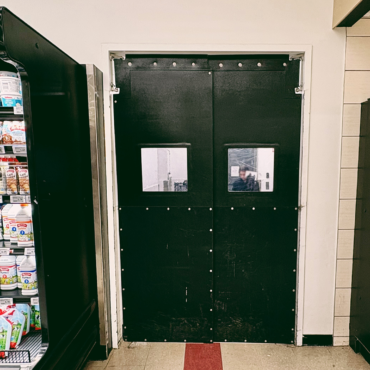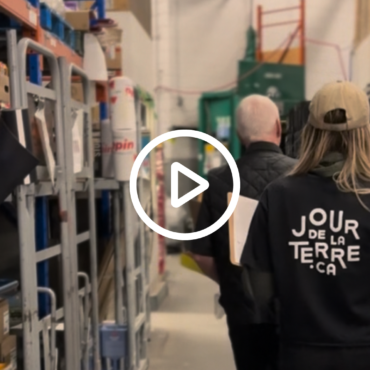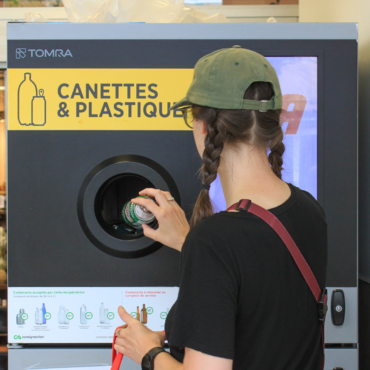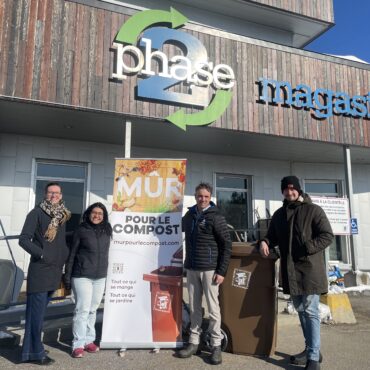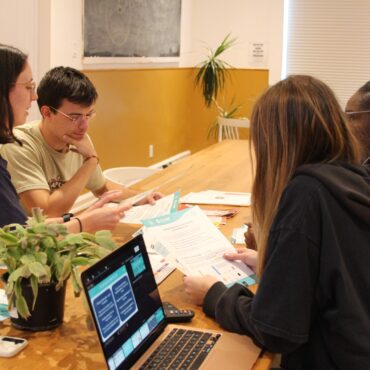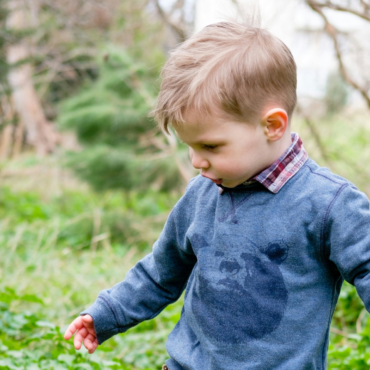Blog & News
Waste management
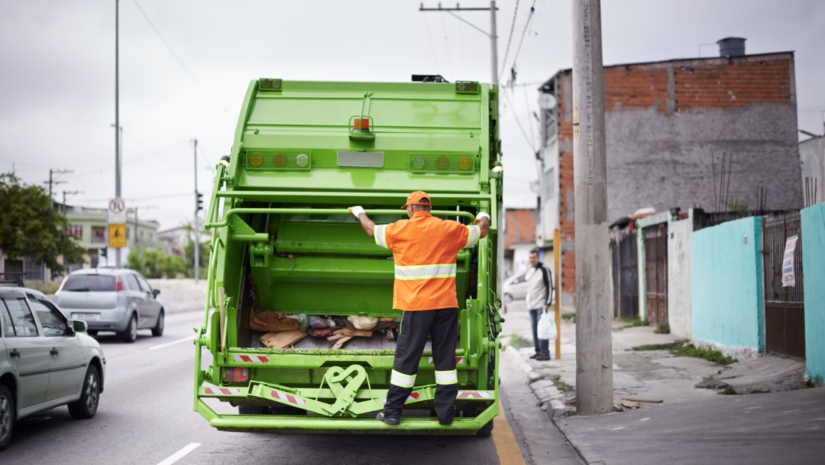
Since 2022 we’ve been running a pilot project in the Mercier-Hochelaga-Maisonneuve borough to reduce GHG (greenhouse gas) emissions caused by the transit of garbage trucks. The aim of this project is to encourage compost collection by reducing household waste collection. With the introduction of compost in recent years, it’s crucial to encourage its use.
As part of the project, an Earth Day Canada Green Brigade was put together to raise public awareness and provide support, as well as to inform businesses in the borough about the project.
In this article, our field agents Arianne and Gaëlle from the Green Brigade share their mission with you and describe a typical day in the borough.

Project context
The contents of the average Quebecer’s garbage bag generally include:
• 17% construction debris
• 22% recyclable materials
• and 46% organic matter
That would leave only 15% of waste actually going into the garbage! Plastic #6 is one of the main culprits in our waste production, along with PLAs (food packaging, plastic bags, etc.) and other unwanted waste (you could fill a book with a comprehensive list rather than a blog post).
One of the aims of the project is to reduce the amount of waste sent to our landfill sites at source, as these are rapidly reaching maximum capacity. Spacing out garbage collection is an important change, because 85% of the waste sent to the garbage by the average Quebecer is in fact reusable through recycling, composting or even waste-to-energy recovery.
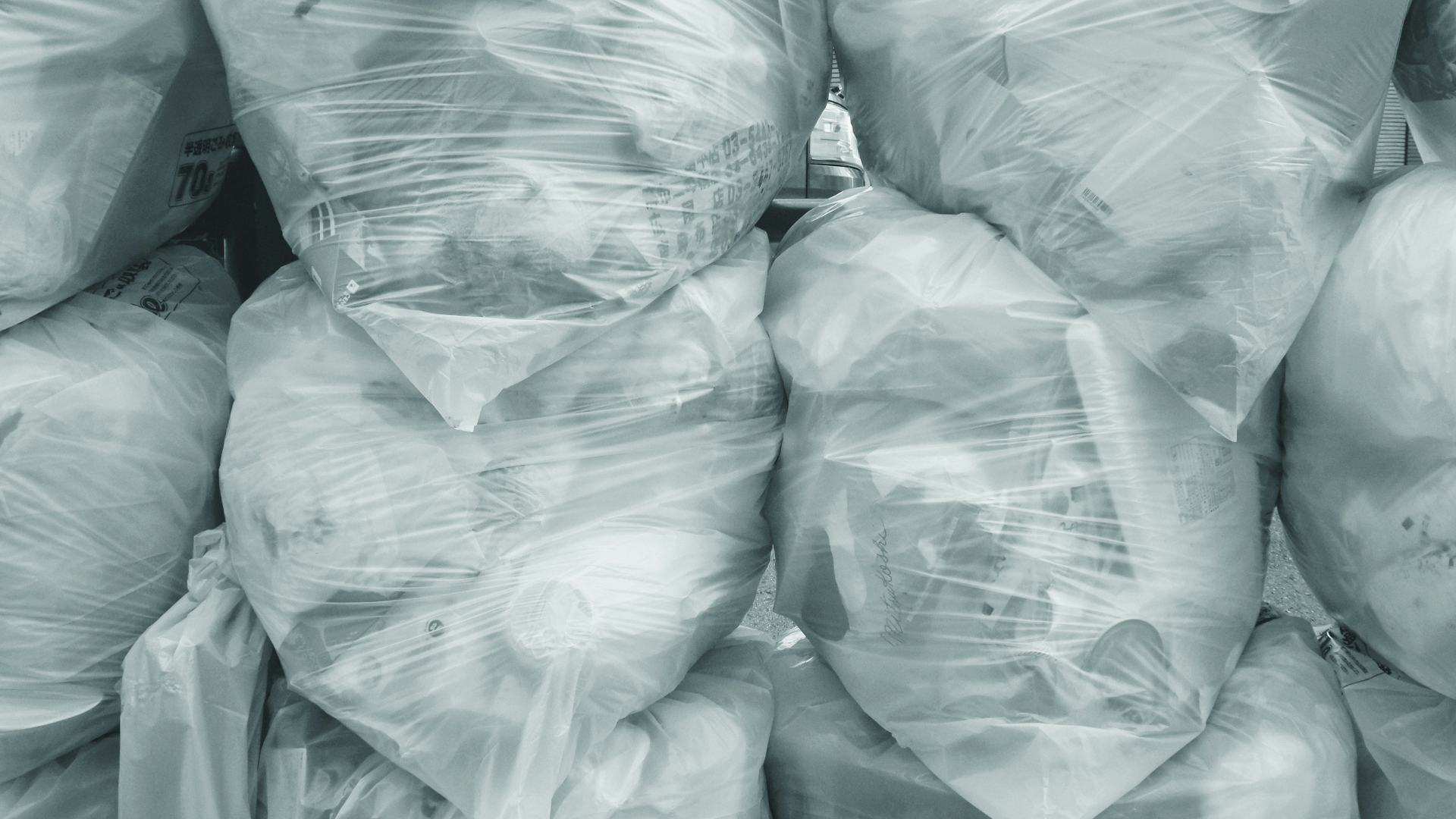
The Green Brigade Mission
As a field team in the Mercier-Hochelaga-Maisonneuve borough, our mission is to inform, help, and support local residents with regard to the change in schedule for collections. We’re committed to supporting them to the best of our ability, to make this change easier and more enjoyable for everyone.
Clearly, change doesn’t happen by itself—and it’s not easy for everyone. That’s why we’re gradually unfolding the project across the neighbourhood, and we’re doing our best to answer any questions citizens may have.
What’s more, as field agents, our job is to collect data which is then passed on to the borough. By talking to the local community, we’re able to identify whether residents are aware of the change in garbage collection times, their acceptability of the project, and the issues that concern them. From odours to a lack of bins, we can offer solutions and resources for many problems.
A typical day
On the ground, whatever the weather conditions—snow, pouring rain, blazing sun—we’re always ready to do whatever it takes to carry out our mission. Our essential equipment includes our pretty green brigade vests, a bottle of water, a pen and information leaflets! These leaflets are our ultimate benchmark for our activities in the field. We distribute them to everyone, to make information on the borough’s collections more accessible. Depending on the area, the content of the leaflet may vary, so it’s our responsibility to ensure that everyone receives the information that’s relevant to them.
Citizens generally take the time to discuss the change with us, asking questions like “Do tissues really go in the compost?” or “I don’t find it easy to change my habits, especially with all the raccoons around, do you have any advice for me?” We take the time to answer every question, even if it means translating everything!
Not only do we answer questions, but we also make sure we listen to what citizens have to say about the change, and the issues they’re facing. We do our best to find solutions to these issues and record every interaction throughout the day to provide detailed and transparent reports to the city on the acceptance of the change. Transparency and good feedback improve services for everyone!
Some positive points
It’s true that it’s not always easy to raise public awareness of spaced collection, since it stirs up a lot of feelings and reactions. But we’re committed to the cause and do our best to ensure that as many people as possible can move forward with this new project in their neighbourhood.
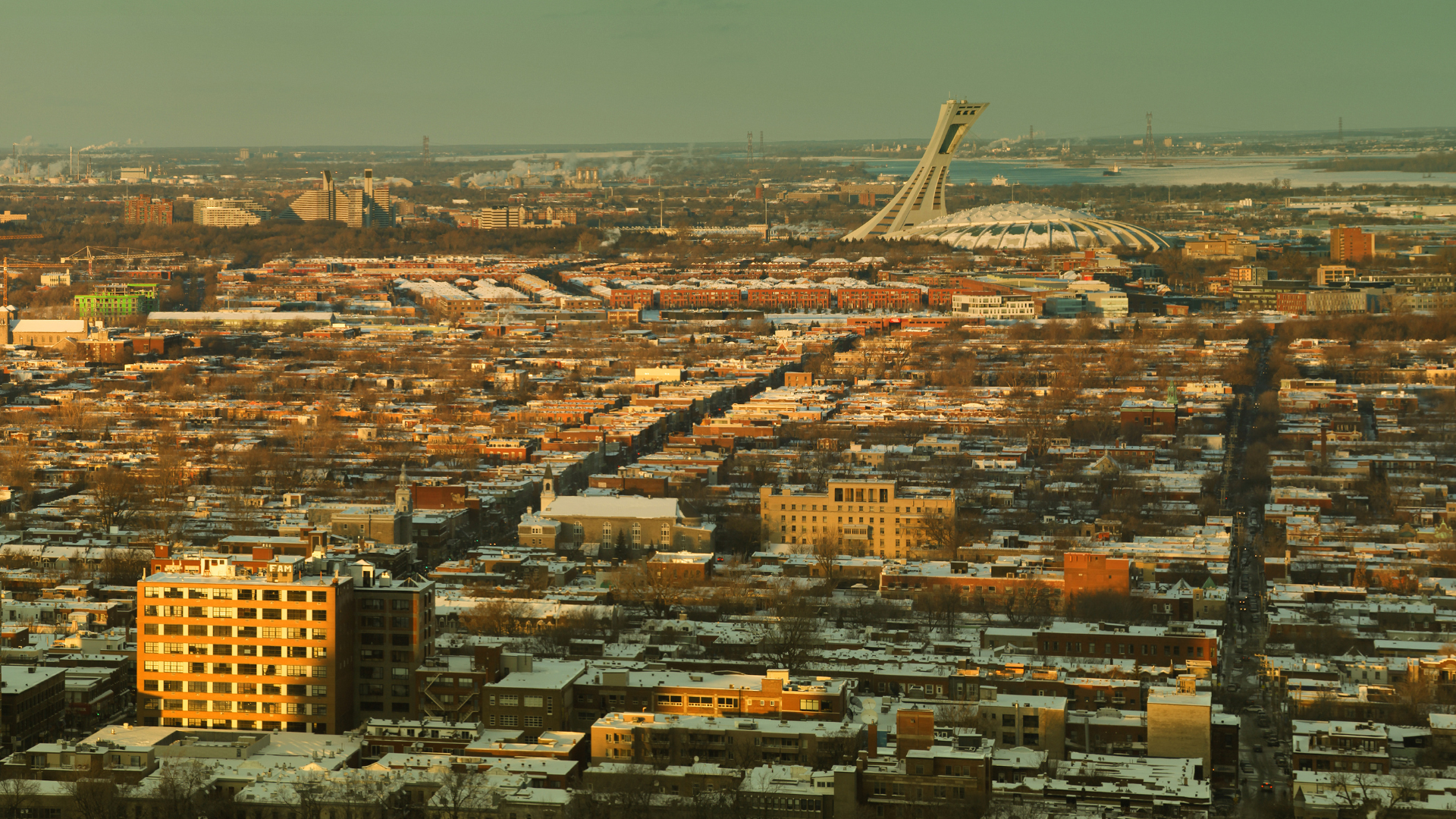
We have to share that, on the whole, the change is catching on well with local residents and that many have improved their quality of sorting at home! One small step at a time makes a big difference in the end!
Meeting people in real life and having enriching discussions gives us fresh energy every day. Each interaction different, yet also similar, allows us to keep hope in the environmental cause, even on the smallest scale!
We hope this article will provide you with insight into the work of Earth Day’s green brigade in the Mercier-Hochelaga-Maisonneuve borough’s garbage spacing project. For more information, visit the interactive map of the project and the resources offered by the city. Last but not least, the Éco-quartier is brimming with resources and people ready to support every citizen in their move towards eco-citizenship, so don’t hesitate to meet them!
Sources:
French only – Ville de Montréal. (2024). Espacement de la collecte des ordures ménagères. https://montreal.ca/articles/espacement-de-la-collecte-des-ordures-menageres-22753
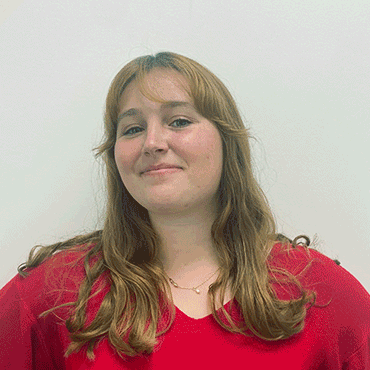
Waste Management, Awareness Agent
Arianne Beaulac
Curious by nature, Arianne loves capturing little moments she spends in nature. Always discussing in the corner of a coffee shop, she spends time talking about social and environmental issues. It drives her so much. Through time, she’s been involved in many organizations and now she is joining us in the project of Residual Mater Gestion because she wants to join together her passions and job for our better future.
View all posts...
Environment, Awareness Agent
Gäelle Pépin-Roch
Filled with joy of living, dynamism, and sparkle, Gaëlle will convince you that waste management is not that complicated and incredibly important! Passionate about nature and the outdoors, she is not afraid to raise awareness in urban areas! In her role as a field agent, you might catch her petting a dog or admiring flowers, but don’t hold it against her and come have a chat!
View all posts...Related posts :
Contact us
Earth Day Canada
5818, boulevard Saint-Laurent
Montréal (Québec) H2T 1T3 Canada
Phone : (514) 728-0116
Toll free : 1 800 424-8758
Fax : (514) 303-0248
Email: hello@earthday.ca
2026 © Earth Day Canada. All rights reserved.
Privacy policy · Terms of use · Trademark
